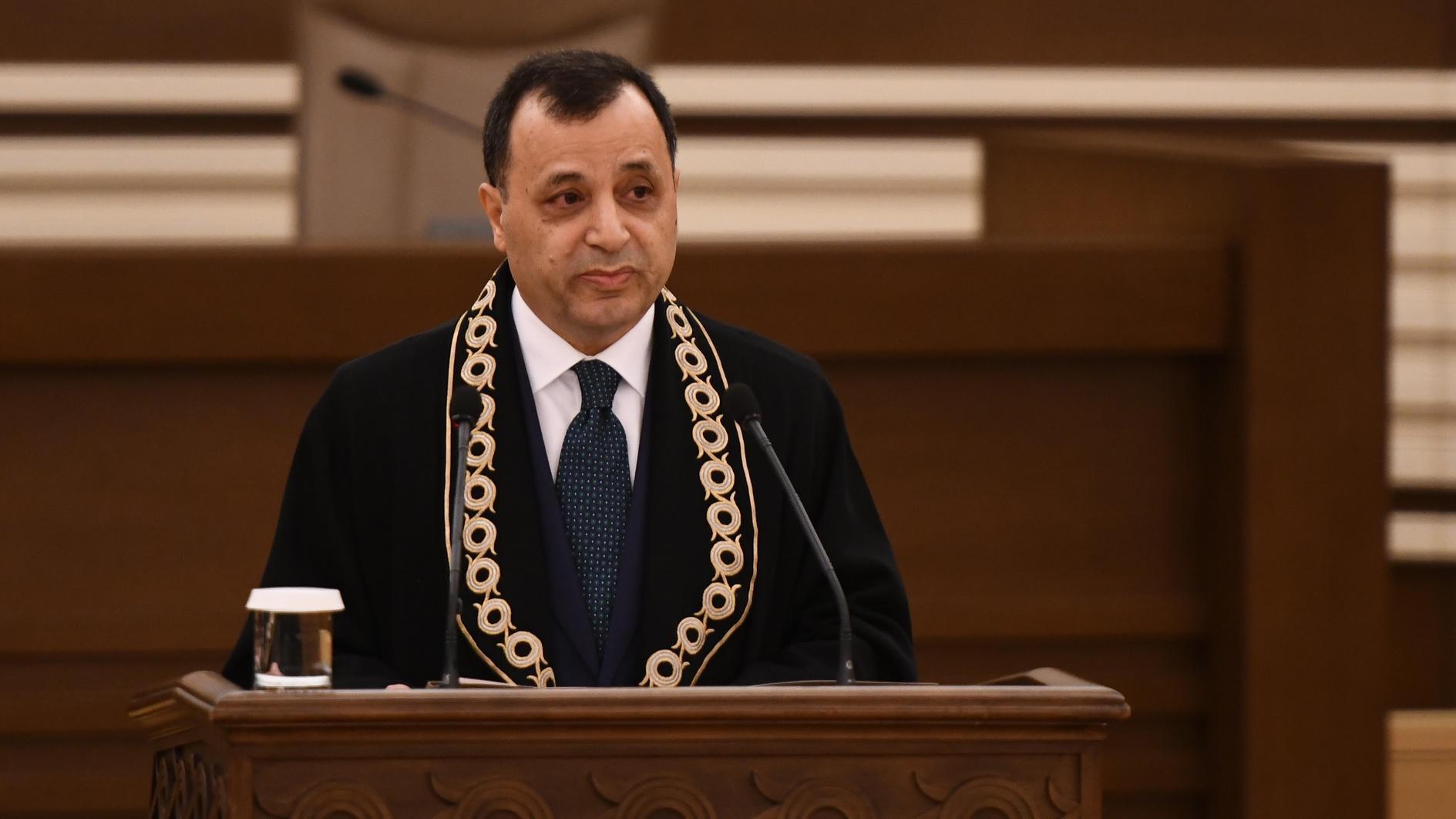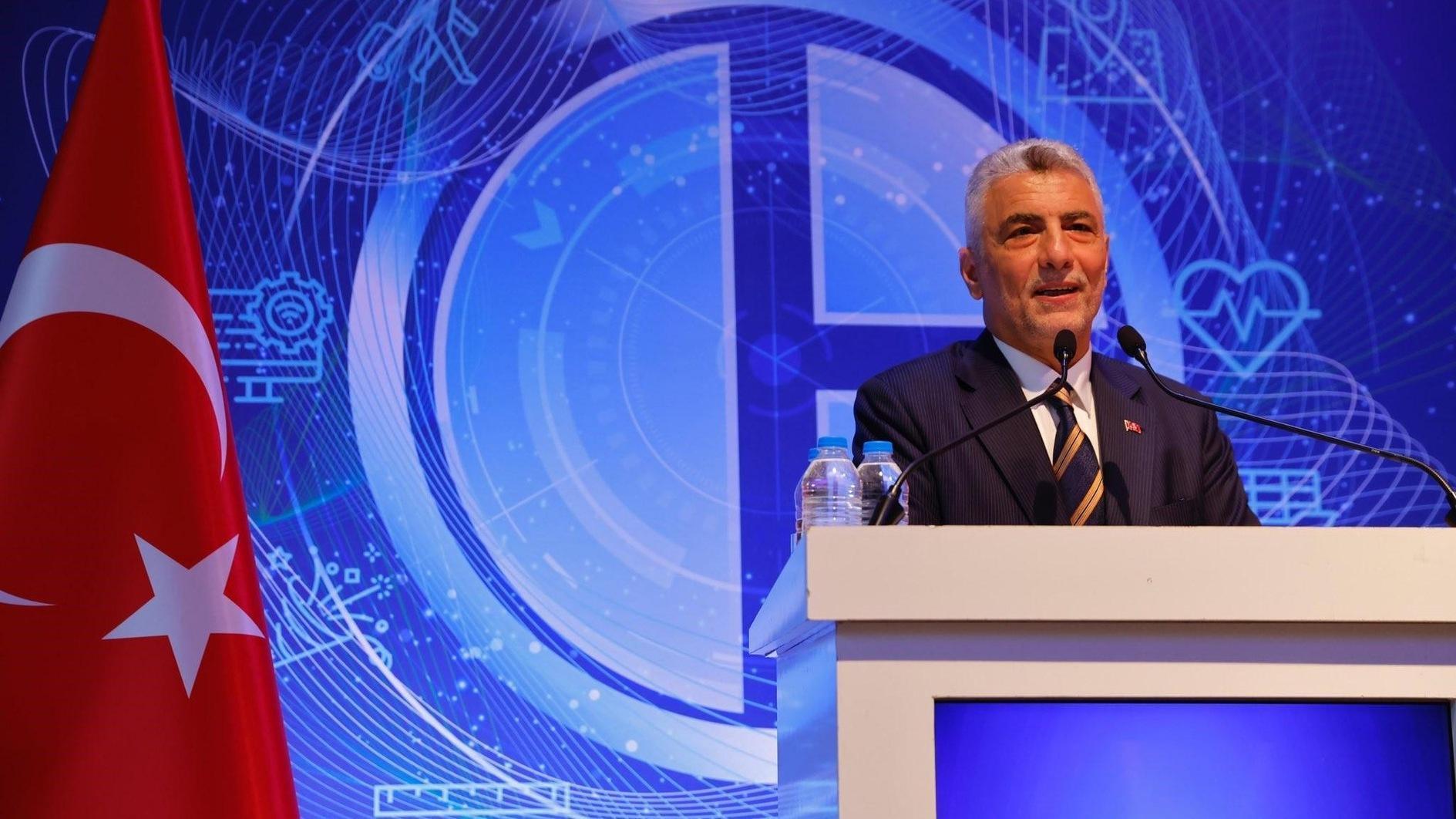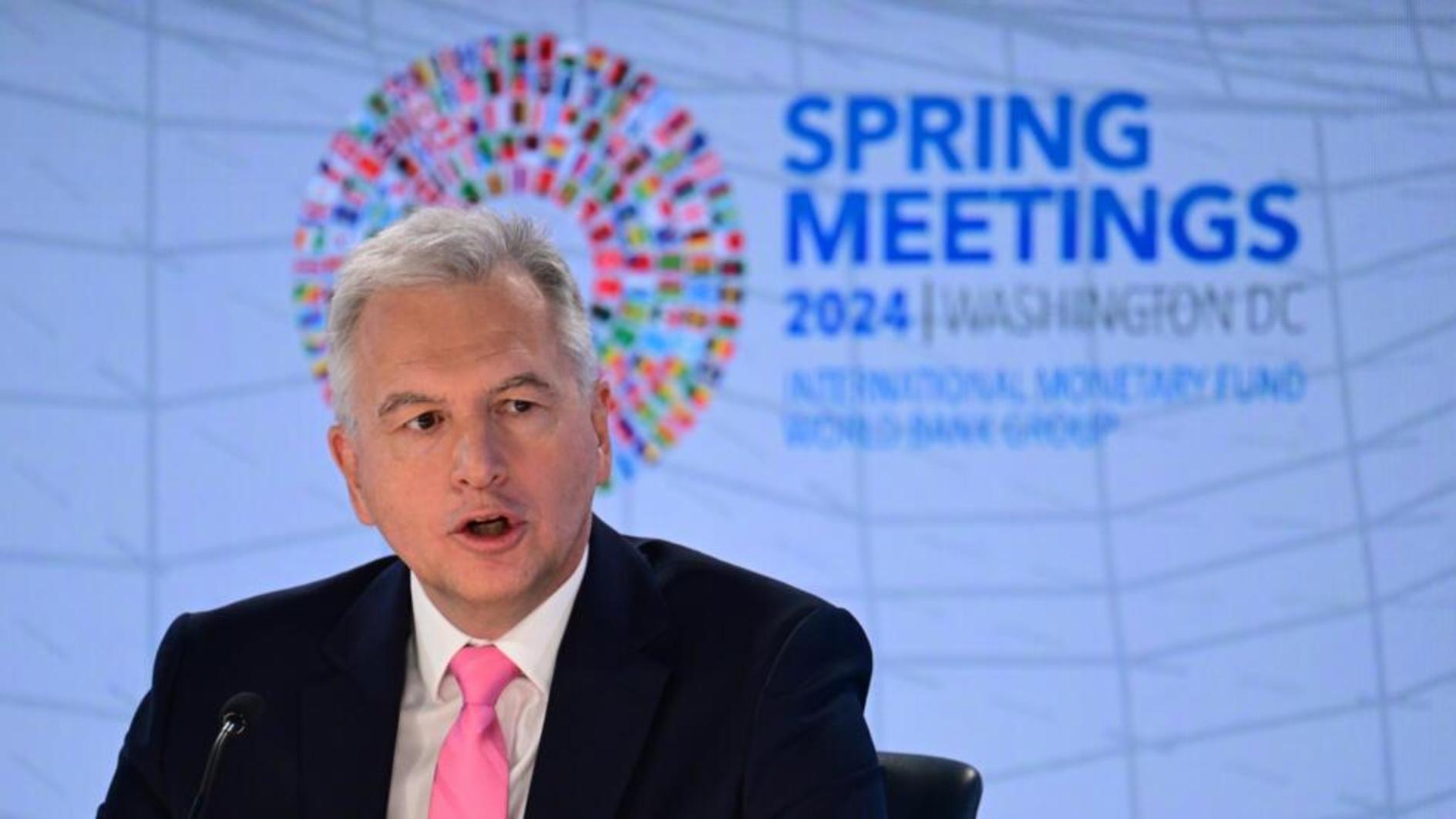Iran, Rouhani and the freedom to sin
I am not the greatest fan of the policies of the Islamic Republic of Iran, especially with regards to its passionate support for Syria’s bloody tyranny. Yet I also have respect for Iran’s current president, Hassan Rouhani, for both his effort to open Iran to the world and, more importantly, his effort to introduce a more liberal approach to Islam.
I use the term “liberal” here in the sense of being non-coercive in matters of religion, which, in my view, is suggested by the Quran itself (“Let there be no compulsion in religion.”) However, both Sunni and Shiite traditions of jurisprudence are filled with many elements of compulsion, such as bans on “heresy,” “apostasy” and “sin,” and the imposition of acts of piety.
Since the Islamic Revolution, this coercive attitude has been the state policy of Iran. Headscarves for women, for example, are imposed by law and alcohol is strictly banned. Moreover, policing forces such as the Revolutionary Guards and the Basij [a paramilitary volunteer militia] are responsible not only for security but also for imposing on society the tenets of Islam as defined by the Shiite clergy.
On this latter issue, however, President Rouhani spoke recently in a tone very different from what Iranians are used to hearing from their leaders. At a gathering with police commanders, he said, “Police do not have a duty to enforce Islam. No police officer can do something and say he did it because God commanded it or the prophet said so. It has nothing to do with the police.”
As an example, Rouhani mentioned the imposition of daily prayer by the police. He said, “Can police interfere in this? Can he come into a bank and tell the bank’s president, ‘Close your doors, it’s noon and it’s the call to prayer.’ If someone is praying, can they go to him and say ‘Why did you pray fast?’ This has nothing to do with the police.”
As one could expect, these words raised objections from Iran’s more conservative scholars, who believe that the state should be the agency of “commanding the right and forbidding the wrong.” This is an oft-repeated concept in the Quran and it is the basis of all authoritarian Muslim institutions and attitudes. However, at least in our modern age, this authoritarianism in the name of religion does not nurture what it seeks to achieve, which is religiosity. Rather, it nurtures something quite distasteful from the Quranic point of view: hypocrisy.
For if people pray because policemen come to their door and check them, then this means they will pray in fear not of God but of the police. They will worship not out of a genuine will to honor God but out of a social necessity.
This is why all “Islamic” states of our day and age nurture hypocritical societies, where many people behave as though they are pious when they are under the control of the authorities, but behave quite differently when they are free. The Islamic goal, however, should be to raise individuals who are willingly to be pious when they are free, as they should always be.
That is why, in my book, “Islam without Extremes: A Muslim Case for Liberty,” I argue that Muslim authorities should respect people’s “freedom to sin,” making a clear distinction between sin and crime. President Rouhani will probably not go that far in framing the issue, but I am still glad he has raised the question. It is a key matter, not just for Iran but the whole Muslim world --- including, alas, our increasingly Islamizing republic here in Turkey.











